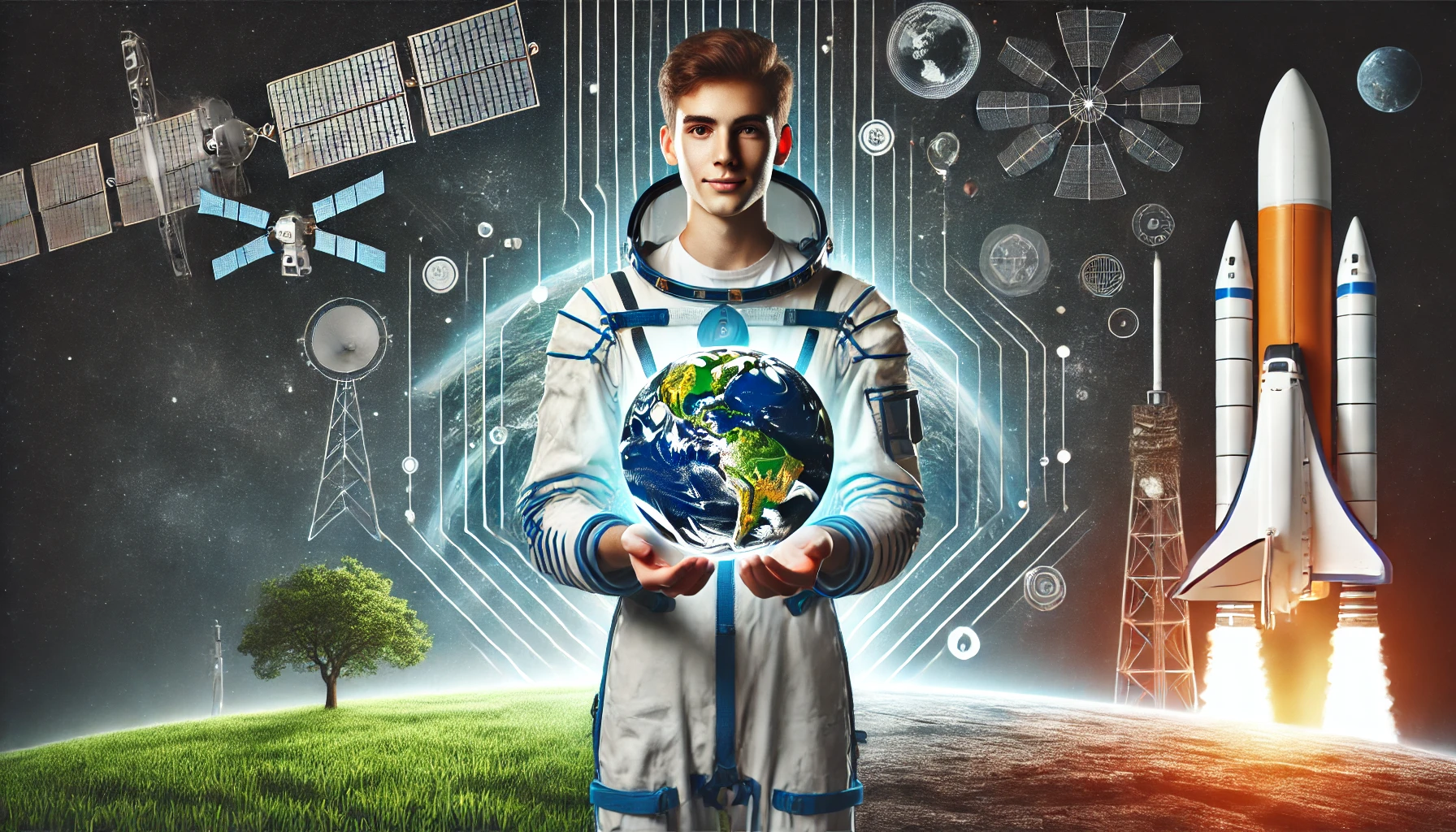
The Role of Elon Musk in Conservation and Environmental Innovation
- Posted by J. J. Wigley
- Categories Blog, Business, Economy, Ethics, Philosophy, Politics, Science and Technology
- Date July 1, 2024
- Comments 0 comment
The recent study by Dinerstein et al. (2024) emphasizes the urgent need for protecting critical habitats to prevent the extinction of Earth’s most endangered species. The study identifies 16,825 sites of “unprotected rarity” and estimates the cost of protecting these crucial areas. The findings suggest that with an investment of $169 billion, the conservation of these sites, particularly in the tropics, could be ensured, potentially averting the sixth mass extinction (Dinerstein et al., 2024).
While the study proposes a feasible financial plan for habitat protection, it raises a pertinent question regarding the role of individuals, particularly those with significant financial resources, in conservation efforts. Elon Musk, one of the wealthiest individuals globally, is often mentioned in discussions about potential benefactors for large-scale environmental initiatives. This article aims to argue that Musk has already contributed significantly to conservation and environmental innovation, beyond what is often recognized.
Elon Musk’s Contributions to Environmental Conservation
Elon Musk’s contributions to environmental sustainability can be categorized into several key areas: clean energy, electric vehicles, space exploration, and advocacy for sustainable practices.
Clean Energy
Through Tesla, Musk has revolutionized the clean energy sector. Tesla’s advancements in solar energy and energy storage have provided scalable solutions for reducing reliance on fossil fuels. The company’s solar panels and the Powerwall, a home battery system, allow for greater adoption of renewable energy sources, directly impacting the reduction of greenhouse gas emissions (Musk, 2013). By fostering widespread adoption of renewable energy, Musk is contributing to the long-term sustainability of the planet’s ecosystems.
Electric Vehicles
Tesla’s electric vehicles (EVs) have set a new standard in the automotive industry, pushing major car manufacturers to accelerate their development of EVs. This shift is crucial in reducing the carbon footprint of transportation, which is a significant contributor to global greenhouse gas emissions (IEA, 2020). By making EVs desirable and accessible, Musk has catalyzed a global transition towards more sustainable transportation options, thereby indirectly benefiting wildlife by reducing pollution and mitigating climate change.
Space Exploration
SpaceX, another of Musk’s ventures, is often viewed through the lens of space colonization. However, SpaceX’s advancements have implications for conservation as well. The development of reusable rockets aims to reduce space debris and the environmental impact of space missions. Furthermore, Musk’s vision for space colonization stems from a recognition of the need to ensure humanity’s survival in the face of potential Earth-bound disasters, reflecting a broader concern for long-term sustainability (Musk, 2017).
Advocacy and Innovation
Musk’s public advocacy for sustainable practices and innovative solutions to climate change has raised awareness and spurred action globally. His investments in futuristic concepts such as the Hyperloop aim to revolutionize transportation by making it faster, more efficient, and less polluting (Musk, 2013). Additionally, Musk’s involvement in projects like the Boring Company, which focuses on developing underground transportation systems, reflects his commitment to reducing surface-level environmental impacts.
Beyond Neoliberal Quagmires
Critics often argue that individuals like Musk operate within a neoliberal framework that prioritizes profit over genuine environmentalism. However, Musk’s initiatives often transcend this framework by emphasizing innovation, sustainability, and long-term survival over immediate financial returns. For instance, Tesla’s mission “to accelerate the world’s transition to sustainable energy” is not purely profit-driven but aligned with broader environmental goals (Tesla, 2021). Similarly, Musk’s decision to open-source Tesla’s patents to encourage EV development globally indicates a commitment to collective progress over competitive advantage.
Conclusion
While the study by Dinerstein et al. (2024) underscores the potential impact of targeted financial investments in conservation, it is essential to recognize the broader contributions of individuals like Elon Musk. Through his ventures in clean energy, electric vehicles, space exploration, and innovative advocacy, Musk has significantly advanced the cause of environmental sustainability. These efforts, often overlooked in discussions about immediate financial contributions, represent a substantial commitment to conservation and the long-term health of our planet.
References
Dinerstein, E., Burkart, K., & RESOLVE. (2024). Conservation Imperatives: Securing the last unprotected terrestrial sites harboring irreplaceable biodiversity. Frontiers in Science, 2. https://lnkd.in/gcsS88Hm
International Energy Agency (IEA). (2020). Global EV Outlook 2020. Paris: IEA. https://www.iea.org/reports/global-ev-outlook-2020
Musk, E. (2013). Tesla and SolarCity: Making Solar Affordable for Everyone. Retrieved from https://www.tesla.com/blog/tesla-and-solarcity-making-solar-affordable-everyone
Musk, E. (2017). Making Life Multiplanetary. Retrieved from https://www.spacex.com/mars
Tesla, Inc. (2021). About Tesla. Retrieved from https://www.tesla.com/about
4o



